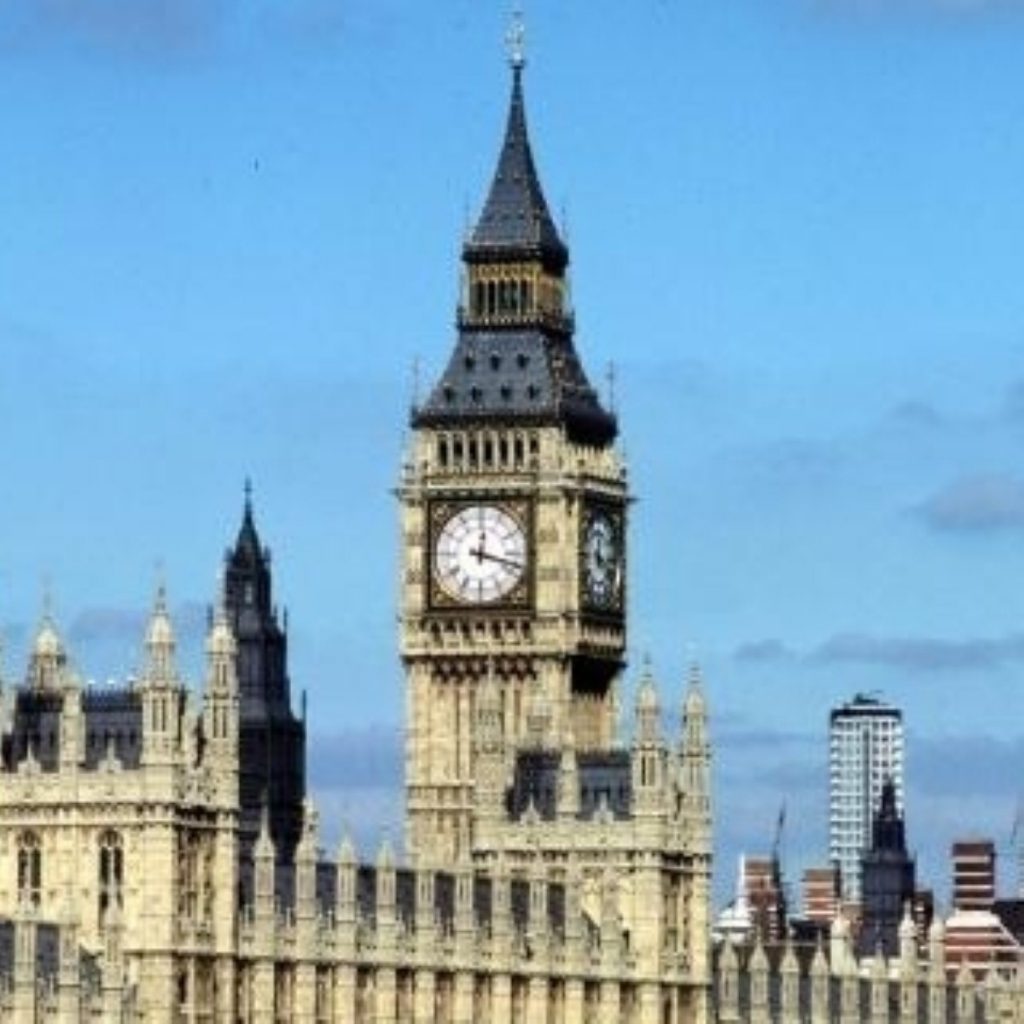MPs say ‘elect the House of Lords’
Britain should have a wholly elected second chamber in a radical departure from tradition, MPs voted last night.
The House of Commons voted with a 113 majority in favour of an elected House of Lords. Proposals to elect 80 per cent of the chamber also passed with a majority of 38.
MPs also voted by a majority of 280 to remove the remaining hereditary peers.
Leader of the House Jack Straw, who has been overseeing Lords reform, pledged that the government will take MPs’ vote into account when drafting the final legislation on Lords reform. A cross party group will now consider the next stage of reform before Mr Straw is expected to present a bill in the next parliament.


Mr Straw claimed to be “delighted” at the outcome, despite pushing for a 50 per cent elected, 50 per cent appointed chamber. This proposal was rejected by 263 votes, as were the remaining seven options for restructuring the second chamber.
However, it is thought that some anti-reform MPs voted for a wholly elected Lords, intending peers to block the radical proposal.
Shadow Commons leader Theresa May commented: “The House of Commons has clearly expressed a preference for a substantially or wholly elected House of Lords.
“But this is only a first step and indeed it raises further questions. Given the tactical voting tonight we now need to establish what the House of Commons’ settled view is.”
The Lords will debate the proposals next week and are expected to reject the MP’s vote in favour of an appointed chamber. However, the government has warned that peers will not be able to block Lords reform.
The prime minister Tony Blair voted with Mr Straw for a part elected, part appointed chamber, but other government members, including David Miliband, Hazel Blears, Peter Hain and Alistair Darling, voted for a wholly elected chamber. Conservative leader David Cameron voted for 80 per cent of peers to be elected and failed to vote on the 100 per cent option.
Following the House of Lords Act, all but 92 hereditary peers are appointed. The government has committed itself to further reform of the House of Lords and if last night’s proposals pass into law it will be one of the most radical constitutional changes in British history.
The Liberal Democrats welcomed the vote as a “victory for progressive opinion”.
Leader Sir Menzies Campbell described it as a “truly historic occasion”.
He said: “After nearly a hundred years the House of Commons has at last taken the momentous step to reform the upper house and make it fit for a modern democracy.”









